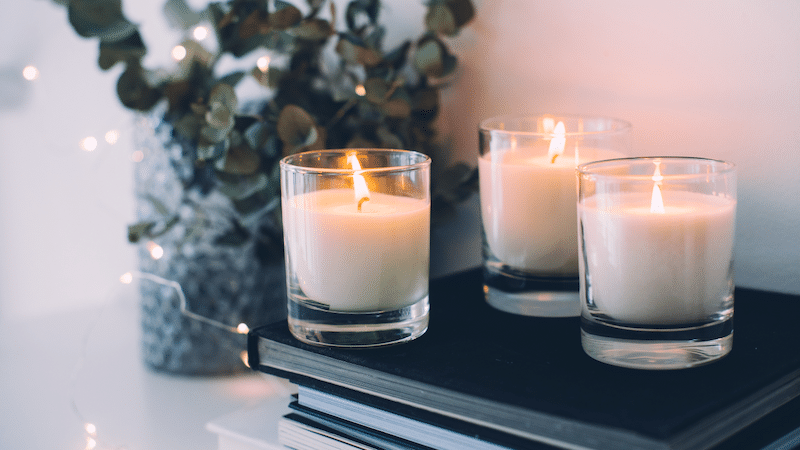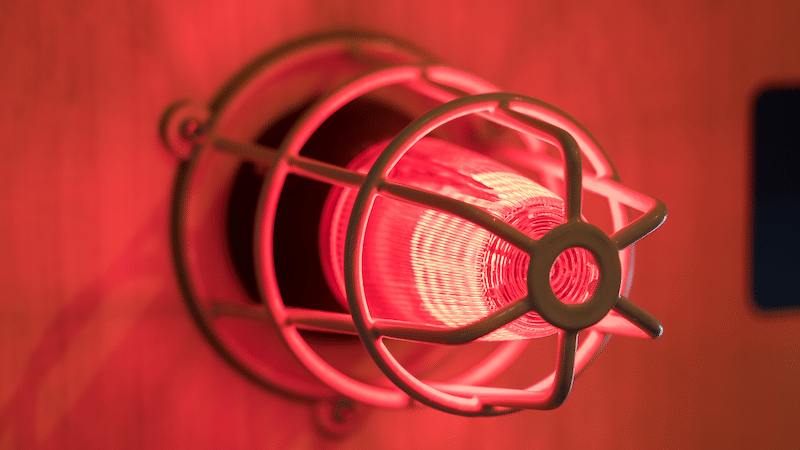What Is Self-Care?

Self-care is the act of taking steps to improve, preserve, and maintain one’s well being. Humans require connection, security, nourishment, stimulation, and rest. Self-care allows people to fulfill those needs by creating routines that build a compassionate and caring relationship with oneself. This can look different for everyone.
Many different activities and choices are acts of self-care. Self-care can range from the essential things we do on a daily basis to care for ourselves, such as taking medications, exercising, and eating well, to things we do in isolation that may not be seen as essential to survival, such as a spa day or setting aside time for hobbies.
Research shows that sustainable self-care activities promote positive family environments.1 Self-care can also help people do their jobs more effectively, which benefits both the individual and those around them. For example, research shows that mental health professionals who engage in self-care are able to provide better support to their clients because they are actively preventing and addressing burnout.2
However, there are some misconceptions about self-care that can serve as a barrier for some people. It’s important to address these myths and emphasize the facts about self-care.
Self-care is not selfish
Some people struggle engaging in self-care because they feel guilty that it requires them to center themselves. This can especially be true for parents and caretakers, as these individuals often put the needs of others above their own. In reality, self-care allows one to ensure that they can continuously show up for those who rely on them.
For example, when traveling by plane, in-flight safety instructions tell passengers that they should put their oxygen mask on first before helping anyone else. People cannot assist others who need help putting their oxygen mask on if they lose consciousness due to oxygen deprivation. The same concept applies to self-care. People cannot help others who rely on them if they can no longer function due to a lack of self-care.
Self-care is not indulgent
Similarly, people may refrain from self-care because of the way it has been presented to them in the media. Self-care is often a term used flippantly in reference to grand, isolated acts centered on the consumption of goods. Surveys have shown that Americans have a skewed perception of self-care, with activities such as at-home spa activities, visiting a spa, getting a manicure or pedicure, and getting a haircut as the top self-care activities that come to mind.3 This can make those who struggle with self-care even more avoidant. They may view it as purely pleasure-seeking, something they may not be able to afford and perceive as a waste of time.
While these can be self-care to an extent, self-care doesn’t have to be indulgent, and it shouldn’t always be. Self-care is better described as a proactive routine rather than a single reactive action. Ideally, people should establish a self-care routine to maintain their well-being rather than engaging in sporadic, grandiose acts of self-care when they become burnt out.
It isn’t bad for someone to get their nails done as a pick-me-up, but it should not be the only part of self-care that is emphasized. The most important parts of self-care are the continuous, daily steps to take care of oneself, such as showering, attending doctor’s appointments, and maintaining connections with loved ones. However, it’s also important to remember that happiness and pleasure are still human needs, and they are valuable. Sometimes, self-care is about experiencing pleasure, and joy is a valuable human need that supports an individual’s overall wellbeing.
Self-care is productive
In a fast-paced society, where oftentimes worth is determined by productivity, sidelining other obligations to focus on oneself seems unproductive. Productivity refers to the act of completing tasks efficiently and effectively in order to achieve goals. In reality, self-care is productive.
By prioritizing self-care, people can avoid burnout and maintain their physical and mental health. Ensuring that they are well taken care of allows people to thrive in other aspects of their life. While productivity isn’t a true measure of someone’s worth, it is ultimately more productive for someone to take a step back from some responsibilities, recharge, and return with full energy, rather than put half of their energy into something for a prolonged period of time.
Maslow’s hierarchy of needs theorizes that human needs can be boiled down to five basic categories, placed on a hierarchy. It suggests that it can be difficult to fulfill some needs when others aren’t met. For example, if someone cannot meet their physiological needs, such as being sleep deprived, it is much more difficult to achieve self-actualization, which refers to becoming the best version of the person they strive to be, such as reaching their career goals.
Similarly, preventative healthcare is the act of taking steps to prevent health conditions or catch issues early-on. Preventative care is emphasized because, ultimately, the time and energy invested into these acts is less than what would be required if someone did ignore their physical health and developed a health issue as a result. Self-care is the same. People are actually being productive by not depriving themselves of self-care time.
Self-care is about being mindful and balanced
Mindfulness is the practice of being aware of one’s needs, feelings, thoughts, and environment without judgement. Looking at a list of self-care ideas, some may seem to contradict one another, and sometimes that is the case. What qualifies as self-care varies from person to person, and it can look different under different circumstances for one individual.
For example, maintaining an overall healthy diet is an act of self-care. Yet, getting a sweet treat after a difficult day can also be an act of self-care because it brings joy. Financial planning is another aspect of self-care. Self-care can look like buying the cheaper version of a product in order to save money for bills. However, spending more to have groceries delivered when sick, rather than forcing oneself out of bed, can also be self-care.
Self-care is about mindfully tapping into one’s needs and taking steps to fulfill them in ways that are balanced. Needs change everyday and people do not always need to take the same steps to fulfill those needs.
Self-care is a privilege
When we say that self-care is a privilege, we do not mean that it is something that only some people deserve. What we mean is that not everyone is able to engage in self-care due to life circumstances. It’s important to acknowledge that many acts of self-care are inaccessible to some people, even though they shouldn’t be. Socio-economic status may prevent people from fulfilling basic, human needs for survival, such as accessing medical care or buying groceries. Those who need to work multiple jobs or long shifts to make ends meet may not be able to set aside time for acts of self-care or establish and sustain daily self-maintenance routines.
Or, someone may not be able to afford small pleasures and indulgences. A new lip-stick or a date-night, while not necessarily essential for basic survival, make life more enjoyable. It’s important to recognize that those who are struggling financially deserve to have things and experiences that are non-essential for basic survival because they bring them joy. Oftentimes, those with financial struggles, are criticized and blamed for their circumstances when they do spend any money on things that others deem non-essential. In reality, if getting a coffee from a coffee shop a handful of times a month is a joy that makes it possible for someone to get through a difficult time, it is a net positive. The twenty dollars spent a month on coffee is not why they cannot afford a $400 monthly insurance plan. Joy is a valuable human need that can make it easier to accomplish other goals.
Ultimately, self-care is an important part of being human, but it is especially important for those who are experiencing mental health issues, such as healing from trauma. It’s key that trauma survivors check-in with themselves periodically to ensure they are meeting their needs, and if they aren’t, taking action to meet those needs. Self-care is best practiced as proactive, not reactive. When beginning to implement self-care into one’s routine, it can be difficult to determine if and how they need to make changes, but there are often signs that someone is in need of self-care. It can be helpful to review the different types of self-care to get some ideas, or seeking the support of a mental health professional to establish a self-care routine.
Sources
- Torres-Soto, N. Y., Corral-Verdugo, V., & Corral-Frías, N. S. (2022). The relationship between self-care, positive family environment, and human wellbeing. Wellbeing, Space and Society, 3, 100076. https://doi.org/10.1016/j.wss.2022.100076
- Posluns, K., Gall, T.L. Dear Mental Health Practitioners, Take Care of Yourselves: a Literature Review on Self-Care. Int J Adv Counselling 42, 1–20 (2020). https://doi.org/10.1007/s10447-019-09382-w
- Vagaro – Press Releases. (2021, January 14). Vagaro. https://www.vagaro.com/news/press-release/survey-finds-three-quarters-of-americans-believe-self-care-activities-provide-stress-relief



